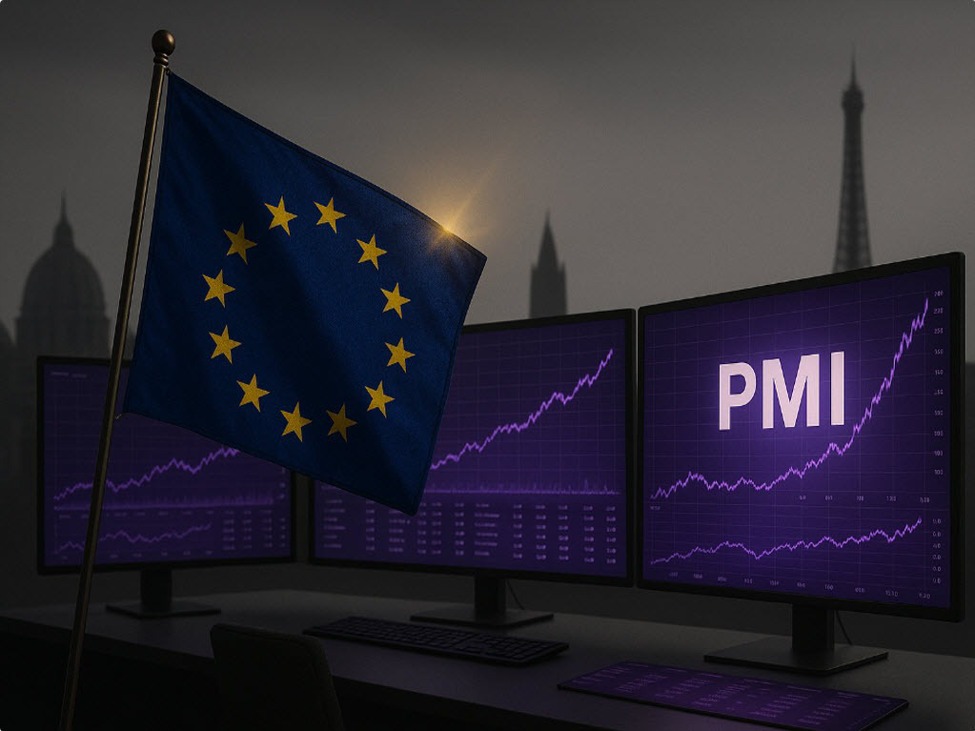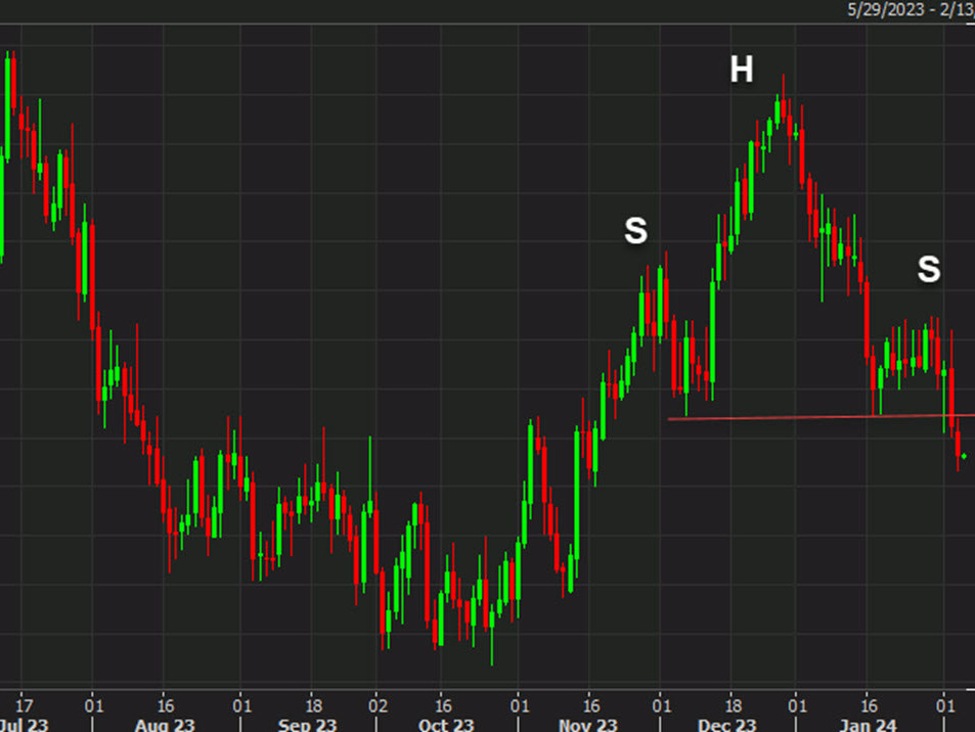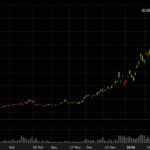- Prior 53.0
- Manufacturing PMI 49.7 vs 50.2 expected
- Prior 50.0
- Composite PMI 52.4 vs 52.5 expected
- Prior 52.5
- Full report here
Key Findings:
- November sees further solid expansion of eurozone business activity
Comment:
Commenting on the flash PMI data, Dr. Cyrus de la Rubia, Chief Economist at Hamburg Commercial Bank, said:
“For months the manufacturing sector of the eurozone has been marooned in a no -man’s land of directionlessness.
Production has picked up slightly since March of this year, but the overall situation has not improved during this period.
Companies continue to face weak demand, which is reflected in a slight decline in new orders.
In this environment,
companies have reduced their inventories of both intermediate goods and finished goods even more sharply than in the
previous month, meaning that the inventory cycle continues to show no signs of turning upward. We are still several months,
and possibly even several quarters, away from sustained expansion in the manufacturing sector.
In the manufacturing sector, Germany and France are moving in the same direction – unfortunately, it is the wrong one, with
the index falling markedly in both.
In the two largest economies in the eurozone, companies are suffering from declining
order intake. In terms of production, Germany remains just within the expansion range, while in France the contraction in
output has recently accelerated. If the political situation were to stabilize in the long term, companies would probably feel
liberated to invest more, resulting in growing production. However, the political situation remains complicated, meaning that
the eurozone is unlikely to receive any positive impetus from this quarter in the short term.
The service sector in the eurozone is a ray of hope.
Although business activity growth in Germany has slowed significantly,
French service providers have returned to growth. All in all, the eurozone is more or less maintaining its relatively robust
expansion rate. Although the manufacturing sector is dampening growth performance, the high weight of the service sector
in the overall economy means that the eurozone as a whole should grow faster in the final quarter than in the third quarter.
The acceleration of cost inflation in the service sector is unlikely to go down well with the ECB. However, at the same time,
sales price inflation in this sector has slowed, so that, on balance, the headaches for monetary policymakers, who are
paying particular attention to the rate of inflation among service providers, should be limited. There is no reason to tighten
monetary policy. We expect interest rates to remain unchanged in December.”














